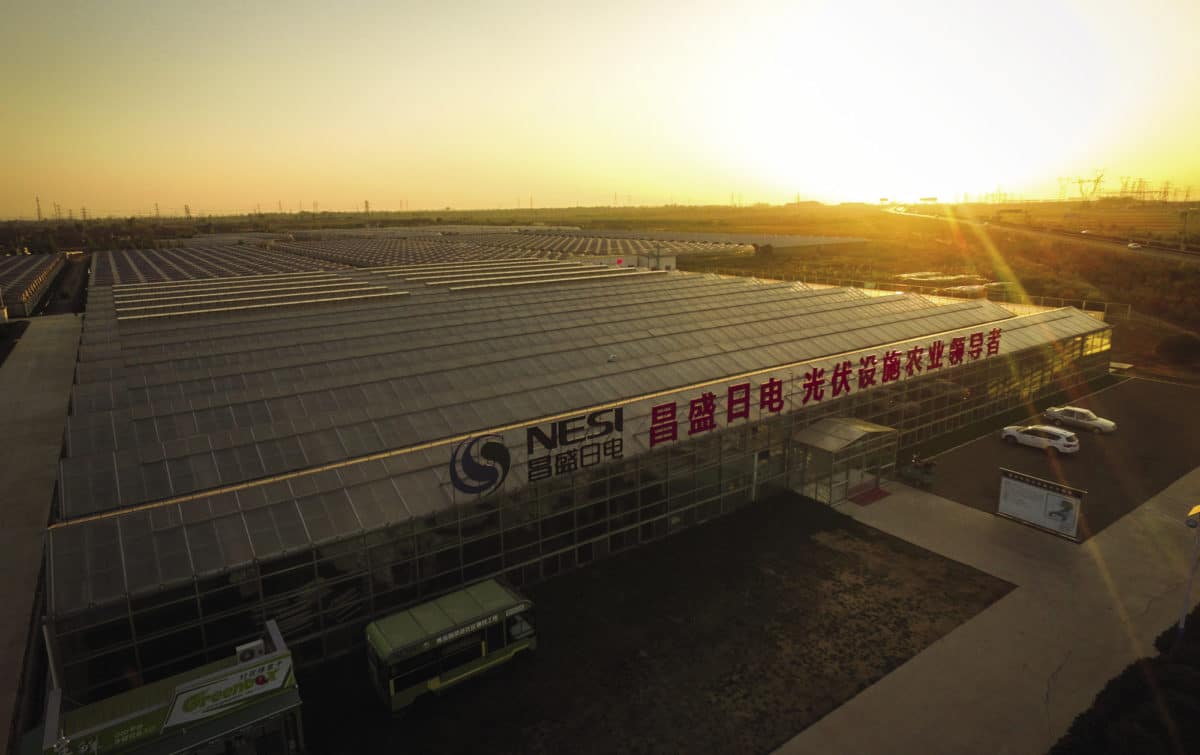Wang Bohua, chairman of the China Photovoltaic Industry Association (CPIA), said on Wednesday that the outlook for new PV installations for 2021 has been lowered from 55-65 GW to 45-55 GW, due to increasing prices for raw materials. The association, however, expects a rebound in 2022, for which around 75 GW of new PV capacity is now being projected. The CPIA also revealed that polysilicon production in China this year could reach 360,000 MT, which would be 24.1% more than in 2020, while wafer production is expected to increase by 54% to 165 GW. Moreover, solar cell and module shipments for 2021 were estimated at 147 and 130 GW with growth of 55% and 59%, respectively.
Solar manufacturer China Shuifa Singyes yesterday announced a strategic cooperation agreement with state-owned energy company China Power International Development Ltd to develop 5 GW of solar, smart energy, energy saving and low carbon construction as well as wind power projects. Hydrogen was also mentioned as part of a tie-up that will see China Power buy equipment from China Shuifa Singyes for projects that will include use of a 400 MW solar farm in the village of Zhonghe, in Chenzhou, Hunan, for a “PV plus” industrial facility.
Solar panel glassmaker Xinyi Solar is planning to address the shortage of module material polysilicon by setting up its own RMB 6 billion (US$942 million), 60,000-tons-per-year production line in the Yunnan city of Qujing. The project will be managed by a joint venture in which float glass maker Xinyi Glass – whose majority shareholders also control Xinyi Solar – will hold a 48% stake, with Xinyi Solar holding 52% and having the new Xinyi Silicon JV as a subsidiary. Under the terms of the deal, announced yesterday, Xinyi Solar will commit a maximum RMB 1.7 billion (US$267 million) to the project and Xinyi Glass up to RMB 1.6 billion (US$251 million). The remaining funds will be sought externally. The project is also receiving administrative, land and permitting support from Qujing's municipal government. The two Xinyi businesses said the facility could eventually be scaled up to 200,000 tons. The two-year construction period for the site is expected to begin within 60 days of land permits being obtained.
Solar manufacturer Longi reduced the prices of all its wafers via an update on the company website. Its G1 products, measuring 158.75 mm, now cost RMB 5.85 (US$0.91) per piece, down 5.6%, while 166 mm M6 wafers are 5.4% cheaper, at RMB 5.03. The price of 182 mm M10 wafers has fallen 5.6% to RMB 5.85 per piece. In late November, Longi began reducing wafer prices for the first time in the past 18 months. Two days later, on Dec 2, China's second-largest wafer supplier, Zhonghuan Semiconductor, significantly lowered its wafer prices.
This content is protected by copyright and may not be reused. If you want to cooperate with us and would like to reuse some of our content, please contact: editors@pv-magazine.com.




2 comments
By submitting this form you agree to pv magazine using your data for the purposes of publishing your comment.
Your personal data will only be disclosed or otherwise transmitted to third parties for the purposes of spam filtering or if this is necessary for technical maintenance of the website. Any other transfer to third parties will not take place unless this is justified on the basis of applicable data protection regulations or if pv magazine is legally obliged to do so.
You may revoke this consent at any time with effect for the future, in which case your personal data will be deleted immediately. Otherwise, your data will be deleted if pv magazine has processed your request or the purpose of data storage is fulfilled.
Further information on data privacy can be found in our Data Protection Policy.